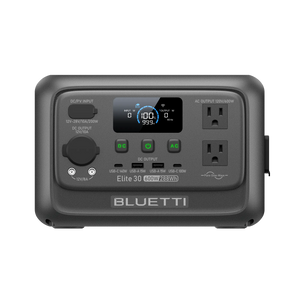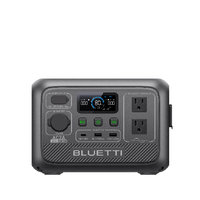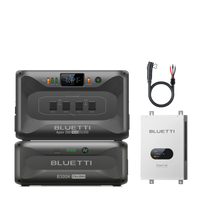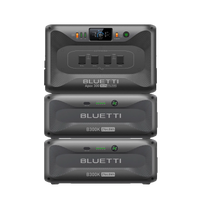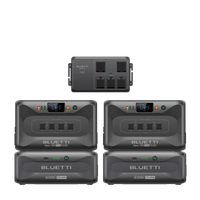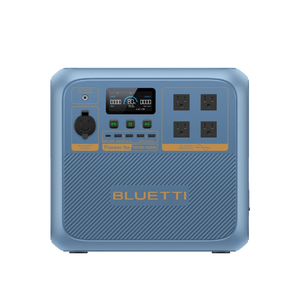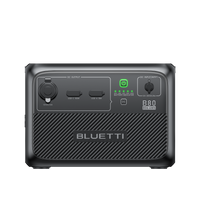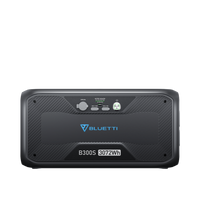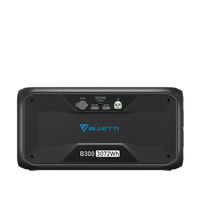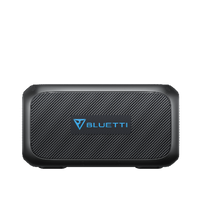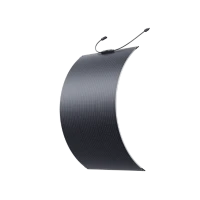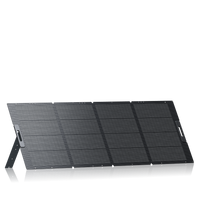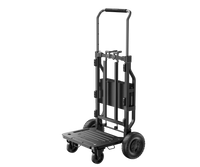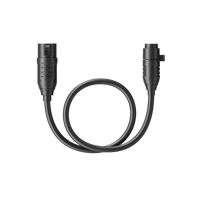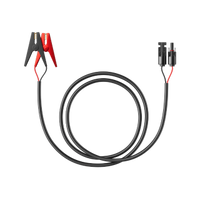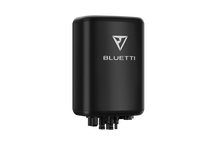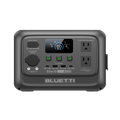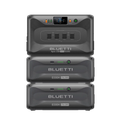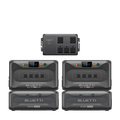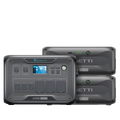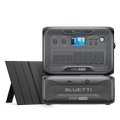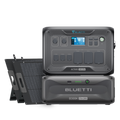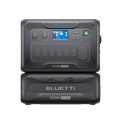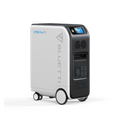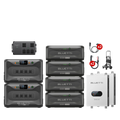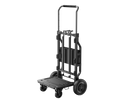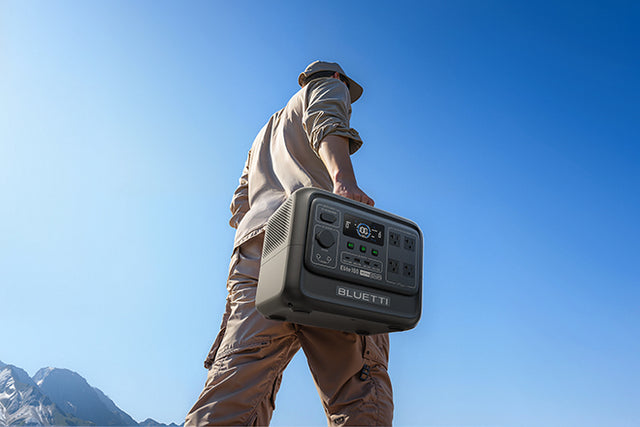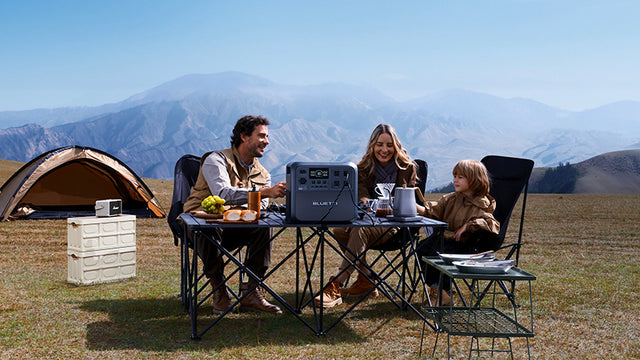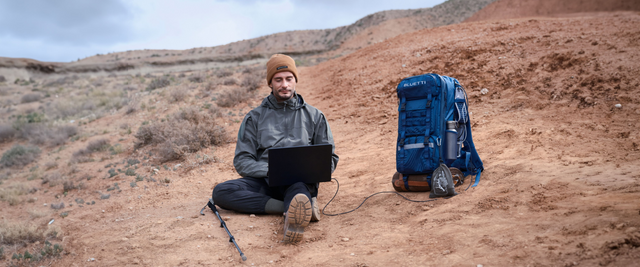Your cart is empty
Shop our productsSaving electricity is not only a smart financial decision, but it also has a significant impact on the environment. From turning off lights when you leave the room to unplugging devices when they are not in use, there are various ways to reduce our energy consumption. However, one area that is often overlooked is our laundry routine. You may not realize it, but the time of day that you wash your clothes can also affect your electricity usage. In this article, we will explore the best times to do your laundry to save on electricity costs and minimize your carbon footprint. By making a few simple changes to your laundry habits, you can make a big difference in your energy usage and contribute to a more sustainable future.
Why should people consider saving electricity in Australia?
Saving electricity is an important consideration for individuals and households in Australia. Not only does it help reduce energy bills and save money, but it also has a positive impact on the environment. Australia is a country that heavily relies on non-renewable sources of energy, such as coal and natural gas, to generate electricity. These sources emit harmful greenhouse gases that contribute to global warming and climate change. By reducing our electricity consumption, we can reduce our carbon footprint and help mitigate the effects of climate change.
Moreover, the demand for electricity in Australia is constantly increasing, and the power grid is struggling to keep up. This can lead to power outages and blackouts, especially during peak demand periods. By saving electricity, we can alleviate the strain on the power grid and ensure a more reliable energy supply for everyone.
Another reason to consider saving electricity in Australia is the rising cost of energy. According to a report by the Australian Competition and Consumer Commission (ACCC), electricity prices have been increasing significantly in recent years, and this trend is expected to continue. By reducing our electricity consumption, we can lower our energy bills and save money in the long run.
Lastly, as a responsible member of society, it is our duty to conserve resources for future generations. Australia is a country that is prone to droughts and water shortages, and electricity generation requires a significant amount of water. By saving electricity, we can also conserve this precious resource and ensure its availability for future generations.
Therefore, it is essential for individuals and households in Australia to consider saving electricity. Not only does it have a positive impact on our environment, but it also helps us save money and ensure a more reliable energy supply. There are many simple and easy ways to reduce our electricity consumption, and one of the most effective ways is by being mindful of when we do our laundry.
When is the best time to wash clothes to save electricity?
Most of us are accustomed to doing our laundry whenever we have a full load of dirty clothes. However, this may not be the most efficient way to use electricity. In Australia, the peak demand period for electricity is usually from 4 pm to 8 pm, when people return home from work or school and start using appliances. This is also the time when electricity prices are at their highest.
Therefore, the best time to wash clothes to save electricity is during off-peak periods, which are usually late at night or early in the morning. By doing laundry during these times, we can take advantage of lower electricity prices and reduce the strain on the power grid. This not only saves us money but also helps the environment by reducing our carbon footprint.
In addition to timing our laundry loads, there are other ways to save electricity while doing laundry. For example, washing clothes in cold water instead of hot water can significantly reduce energy consumption. According to Energy Star, around 90% of the energy used by a washing machine goes towards heating the water. By using cold water, we can save a significant amount of electricity and still get clean clothes.
Another tip is to use the dryer sparingly and to take advantage of natural drying methods, such as hanging clothes outside on a clothesline. The dryer is one of the most energy-intensive appliances in the household, and by limiting its use, we can save a considerable amount of electricity.
saving electricity is an important consideration for individuals and households in Australia. It not only has a positive impact on our environment but also helps us save money and ensure a more reliable energy supply. By being mindful of when we do our laundry and implementing simple energy-saving tips, we can make a significant difference in reducing our electricity consumption and contributing to a more sustainable future for Australia.
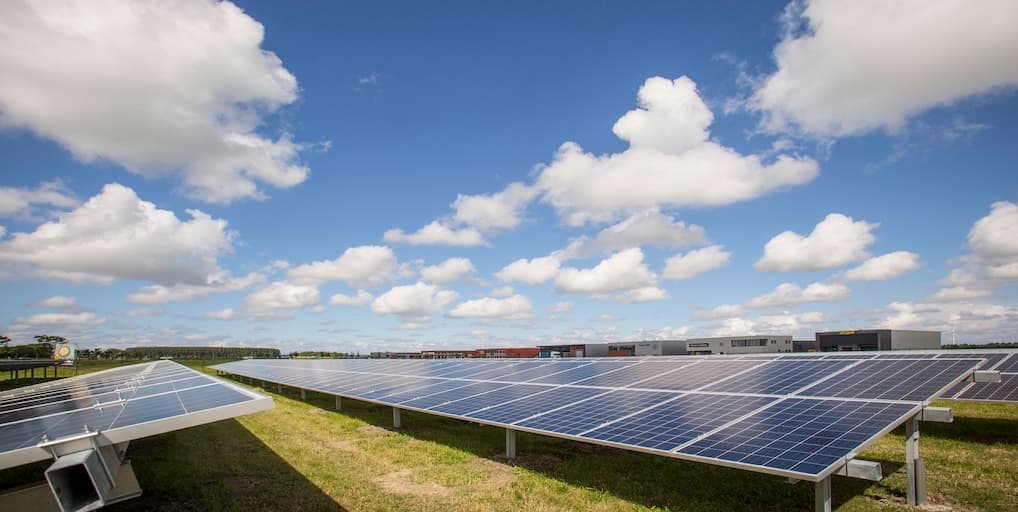
The Best Time to Wash Clothes to Save Electricity
Laundry is a necessary chore that most of us just can't avoid. From sorting and washing to drying and folding, doing laundry takes up a significant amount of our time and resources. However, did you know that the timing of when you do your laundry can also affect how much electricity you use? With rising energy costs and a growing concern for the environment, it's important to find ways to save electricity and reduce our carbon footprint. In this article, we will discuss the best time to do your laundry to save electricity and ultimately, save money on your energy bills.
The Cost of Doing Laundry
Before we dive into the best time to wash clothes, let's first understand the cost of doing laundry. According to the U.S. Department of Energy, the average American household spends around $1500 a year on energy bills, with about 6-10% of that cost going towards laundry. The main energy consumers in the laundry process are the washing machine and dryer, both of which use electricity to operate. Therefore, by optimizing the time when we use these appliances, we can significantly reduce our energy consumption and save money.
Peak vs. Off-Peak Hours
One of the key factors in determining the best time to do laundry is identifying peak and off-peak hours. Peak hours are the times of the day when energy demand is at its highest. This is usually between 4 pm and 9 pm when most people are home from work or school, cooking dinner, and using household appliances. Off-peak hours, on the other hand, are the times when energy demand is low. These hours typically occur overnight, between 11 pm and 7 am.
Why Off-Peak Hours are the Best Time to Wash Clothes
Now that we understand the concept of peak and off-peak hours, it's time to discuss why off-peak hours are the best time to do laundry. First and foremost, off-peak hours offer lower electricity rates. During these times, energy demand is low, and utility companies often offer discounted rates to encourage consumers to use electricity during these hours. This means that you can save money by running your washing machine and dryer during these times.
Aside from cost savings, there are also other benefits to doing laundry during off-peak hours. For one, there is less strain on the power grid during these times, reducing the chances of power outages. Additionally, since there is less energy demand, your appliances can run more efficiently, using less energy to complete the same tasks compared to peak hours.
Tips for Doing Laundry during Off-Peak Hours
To make the most out of off-peak hours for doing laundry, here are some tips to keep in mind:
- Plan ahead and schedule your laundry days/nights during off-peak hours.
- Invest in energy-efficient appliances that use less electricity.
- Use cold water instead of hot water when washing clothes. Heating water accounts for a significant portion of energy consumption in the laundry process.
- Hang-dry your clothes instead of using the dryer. Air-drying is not only energy-efficient, but it also helps prolong the life of your clothes.
In Summary
doing laundry during off-peak hours is the best time to save electricity and reduce your energy bills. By taking advantage of lower electricity rates and using appliances more efficiently, you can save money and lower your carbon footprint. So, next time you're planning to do your laundry, check your utility company's off-peak hour schedule and plan accordingly. Your wallet and the environment will thank you.

Things to consider when doing laundry
When it comes to doing laundry, many of us focus on getting the job done rather than considering the most efficient way to do it. However, taking the time to think about when is the best time to wash clothes can not only save you money on your electricity bill, but also help you prolong the life of your clothes. Here are some important factors to consider when deciding on the best time to do your laundry.1. How much clothes do you need to wash every day?
The frequency and amount of clothes you need to wash can have a significant impact on your electricity usage. If you have a large family and need to do multiple loads of laundry every day, it may be more cost-effective to spread out your laundry loads throughout the week rather than doing them all in one day. This will avoid overloading your washing machine and dryer, which can use more electricity to run.2. Are there any clothes that need to be washed separately or by hand?
Some clothes, such as delicate fabrics or heavily stained items, may require special care and need to be washed separately or by hand. It's important to consider these items when scheduling your laundry. Doing a separate load for these clothes or hand-washing them can save you from having to rewash them if they get damaged in the regular washing cycle. It can also prevent your other clothes from being affected by the special care items.3. Should I set the quick cleaning mode for clothes washed every day or the long-time washing mode for large clothes?
Another factor to consider is the type of washing mode you use for different types of clothes. Setting the quick cleaning mode for clothes that are not heavily soiled can save you both time and electricity. However, for clothes that are heavily soiled or for larger items such as towels and bedding, using the long-time washing mode may be more effective in getting them thoroughly clean. It's important to read the care instructions on your clothes and use the appropriate washing mode to avoid damaging them or wasting energy.4. How noise caused by washing clothes affects your family at different times
In addition to electricity usage, the noise level produced by your washing machine and dryer can also be a consideration when deciding on the best time to do your laundry. If your family members are sensitive to noise or if you live in an apartment complex, you may want to avoid doing laundry during peak hours when your neighbors are more likely to be home. Doing laundry during off-peak hours, such as early in the morning or late at night, can also save you money if your electricity provider offers discounted rates during those times.there are several factors to consider when deciding on the best time to wash clothes to save electricity. By taking into account the frequency and amount of laundry, special care items, washing modes, and noise levels, you can optimize your laundry routine to not only save energy but also keep your clothes in good condition. And don't forget to also use cold water whenever possible and only run full loads to further reduce your electricity usage. Small changes like these can make a big difference in the long run.
When it comes to doing laundry, most people don't consider the time of day they do it. However, did you know that the time you choose to wash your clothes can have a significant impact on your electricity bill? That's right, by simply changing the time you do your laundry, you can save a significant amount of money on your monthly utility costs. But when is the best time to wash clothes to save electricity? Is there a specific time of day that can maximize savings and minimize energy consumption? Let's find out.
The Importance of Timing
Before we delve into the best time to do laundry, it's essential to understand why timing matters in the first place. The majority of households have a fixed electricity rate, meaning the cost per unit of electricity remains the same throughout the day. However, some energy providers offer variable electricity rates, where prices change based on the time of day and demand. These are known as peak and off-peak hours.
Peak hours are when energy demand is at its highest, typically during the morning and evening when people are using appliances like ACs, ovens, and washing machines. On the other hand, off-peak hours are when energy demand is low, usually late at night or early in the morning. During off-peak hours, electricity rates are significantly lower, making it the ideal time to save on electricity costs.
Utilizing Off-Peak Hours with BLUETTI AC500 + B300S
Now that we understand the importance of timing let's explore how we can make the most of off-peak hours to save electricity. BLUETTI AC500 + B300S is an energy system that allows you to use off-peak electricity during low demand periods and store it for use during peak hours. This system includes a 5,000W rated power inverter, expandable battery capacity from 3,072Wh to 18,432Wh, and a LiFePO4 battery with 3,500+ life cycles to 80%.
With BLUETTI AC500 + B300S, you can charge it in six ways - through AC, solar, car, generator, lead-acid battery, or dual charging. This flexibility allows you to take advantage of renewable energy sources like solar panels to charge the system during the day and use it during peak hours when electricity rates are higher. Additionally, the system has 16 versatile outlets, making it compatible with 99% of devices.
Control with Smart APP
BLUETTI AC500 + B300S also comes with a smart APP that allows you to control and monitor the energy system remotely. You can connect through WiFi or Bluetooth and manage the charging and discharging of your battery, based on your energy needs. This feature is especially useful for households with variable electricity rates, as you can schedule your laundry to run during off-peak hours automatically.
24/7 UPS Home Backup
Another benefit of BLUETTI AC500 + B300S is its 24/7 UPS home backup feature. During a power outage, the system will automatically switch to battery power, keeping your essential appliances running. This feature ensures that you have a reliable backup source of electricity, no matter the time of day.
choosing to do your laundry during off-peak hours, typically late at night or early in the morning, can save you a significant amount of money on your electricity bill. By utilizing the BLUETTI AC500 + B300S energy system, you can take full advantage of off-peak electricity rates and store it for use during peak hours. With its expandable battery capacity, multiple charging options, and smart APP control, this system offers a convenient and cost-effective solution for saving electricity. So next time you do your laundry, consider the time of day and make the switch to off-peak hours to maximize your savings.
BLUETTI AC500 + B300S – Making the Most of Off-Peak Electricity for Cost-Effective LaundryWith BLUETTI AC500 + B300S, you can make the most of off-peak electricity to save on your monthly utility costs. This energy system offers the flexibility to charge and discharge during low and high demand periods, store excess energy, and provide 24/7 UPS home backup. With its advanced features and capabilities, BLUETTI AC500 + B300S is the ideal solution for households looking to reduce their electricity consumption and costs without compromising on their lifestyle.

The benefits of installing backup power extend beyond just saving electricity on washing machines. In fact, having a backup power source can provide numerous advantages for households and individuals, especially during unexpected power outages. One of the main benefits is the ability to still have electricity during a power outage. This means that even if the main power supply is disrupted, you can still have access to electricity to power essential appliances and devices such as lights, refrigerators, and even phones and laptops.
Storing electricity during off-peak hours
Backup power systems also have the capability to store electricity during off-peak hours, when electricity rates are typically lower. This means that you can use the stored electricity during peak hours when rates are higher, ultimately helping you save on electricity bills. This is especially beneficial for households with high energy consumption, as they can take advantage of lower rates and reduce their overall electricity costs.
Camping or traveling with backup powerAnother advantage of having backup power is the convenience it provides when camping or traveling outdoors. It can be extremely frustrating to have no access to electricity when out in the wilderness or in remote areas. With a backup power system, you can ensure that you always have electricity to charge your devices, power lights, and even run small appliances. This provides a sense of security and convenience, making your outdoor adventures more enjoyable.
installing backup power not only benefits the environment by reducing the usage of electricity and promoting renewable energy sources, but it also has numerous advantages for households and individuals. From providing access to electricity during power outages to saving on electricity bills and providing convenience during outdoor adventures, having backup power is a wise investment that offers long-term benefits. So, if you haven't already, consider installing a backup power system in your home for a more sustainable and secure future.
1. Should I wash my clothes during peak or off-peak hours to save electricity?
When it comes to saving electricity while washing clothes, one important factor to consider is the time of day when you do your laundry. This is because using electricity during peak hours can significantly increase your utility bill. So the question arises: should you wash your clothes during peak or off-peak hours to save electricity?
Peak Hours
Peak hours are typically during the day when there is a high demand for electricity, usually between 9 am to 9 pm. During this time, the cost of electricity is higher as it is being used by a large number of people. Therefore, if you do your laundry during these hours, you will end up paying more for electricity.
Off-Peak Hours
Off-peak hours, on the other hand, are when the demand for electricity is low, usually at night and early morning. During these hours, the cost of electricity is lower, and you can save money by washing your clothes at this time. Additionally, some utility companies offer discounted rates during off-peak hours as an incentive to their customers to use electricity during these times.
The Best Time to Wash Clothes
So, what is the best time to wash clothes to save electricity? The answer would be during off-peak hours. By doing so, you can save a significant amount of money on your utility bill. However, it is important to note that off-peak hours may vary depending on your location and the policies of your utility company. Therefore, it is advisable to check with your utility company to determine the specific off-peak hours for your area.
washing clothes during off-peak hours is the best time to save electricity. Not only will you be able to save money on your utility bill, but you will also be reducing the strain on the electrical grid during peak hours. So, next time you plan on doing your laundry, check the off-peak hours and make a conscious effort to wash your clothes during that time to save electricity.
2. Does the temperature of the water impact the amount of electricity used during laundry?
The temperature of the water used for laundry has long been a topic of debate when it comes to saving electricity. Some argue that using hot water helps to clean clothes more effectively, while others believe that using cold water can save more energy. So, the question remains: does the temperature of the water impact the amount of electricity used during laundry?
Hot Water vs. Cold Water
Let's first examine the argument for using hot water. It is true that hot water can help to remove tough stains and kill bacteria and germs that may be present on clothes. However, using hot water also requires the use of an electric water heater, which consumes a significant amount of energy. In fact, according to the U.S. Department of Energy, water heating accounts for about 18% of the total energy consumed in a typical household. This means that using hot water for laundry can contribute to a significant portion of your overall energy usage.
The Impact on Electricity Usage
On the other hand, using cold water for laundry can save a significant amount of electricity. According to the Environmental Protection Agency, washing clothes in cold water can reduce energy usage by up to 90%. This is because cold water does not require the use of a water heater, which is the most energy-consuming appliance in the laundry process. Additionally, using cold water can also extend the lifespan of your clothing, as hot water can cause fabrics to shrink, fade, or become damaged over time.
The Verdict
So, does the temperature of the water impact the amount of electricity used during laundry? The answer is yes, it does. Using hot water for laundry can consume a significant amount of electricity, while using cold water can save a considerable amount of energy. In fact, switching from hot to cold water for laundry can save the average household up to $150 per year in energy costs. Therefore, the best time to wash clothes to save electricity would be to use cold water whenever possible. However, for heavily soiled clothes or in instances where hot water is necessary, using energy-efficient washing machines and setting the water temperature to warm can still save more energy compared to using hot water directly from the tap.
3. Are there certain types of clothing that require less energy to wash?
When it comes to saving electricity while washing clothes, it's not just about timing, but also about the type of clothing being washed. Certain types of clothing may require less energy to wash compared to others. For instance, lightweight and thin fabrics such as silk, linen, and synthetic blends tend to use less energy during the washing cycle. This is because these fabrics are easier to clean and don't require as much agitation or hot water to remove stains and dirt.
On the other hand, heavier fabrics like denim, wool, and cotton may require more energy to wash due to their thicker and more durable nature. These fabrics often need longer wash cycles and higher temperatures to effectively remove stains and dirt.
Furthermore, the size and weight of the clothing also play a role in how much energy is used during the washing process. Bulkier items like blankets, towels, and winter coats require more energy to wash compared to smaller items like t-shirts or socks.
Another factor to consider is the level of soiling on the clothing. Heavily soiled clothing will require more energy to clean compared to lightly soiled items. This is because more water and detergent will be used to remove tough stains and dirt.
Therefore, it is important to consider the type, size, and level of soiling on the clothing when deciding on the best time to wash in order to save electricity. By washing lighter and less heavily soiled clothing, and avoiding overloading the washing machine, we can minimize our energy consumption and reduce our impact on the environment.
4. How often should I wash my clothes to conserve electricity?
How often should I wash my clothes to conserve electricity?
There is no one-size-fits-all answer to this question, as it largely depends on factors such as your lifestyle, the type of clothing you wear, and the climate you live in. However, there are a few general guidelines that can help you determine the best frequency for washing your clothes to save electricity.Firstly, consider the type of clothing you wear. Items like jeans and sweaters can typically be worn multiple times before needing to be washed, while undergarments and workout clothes may need to be washed after each use. This is because these items tend to accumulate more sweat and bacteria, and washing them more frequently can help prevent odors and keep them hygienic.
Next, think about your lifestyle and the activities you do on a daily basis. If you have a sedentary job and wear mostly office attire, your clothes may not need to be washed as often compared to someone who works in a physically demanding job or spends a lot of time outdoors.
Additionally, consider the climate you live in. In warmer and more humid climates, clothes tend to get dirty and sweaty faster, so they may need to be washed more frequently. However, in cooler and drier climates, clothes can often be worn multiple times before needing to be washed.
Ultimately, the key to conserving electricity while washing clothes is to avoid overwashing. This means only washing items when they are truly dirty or have an unpleasant odor. Wearing items multiple times before washing can not only save electricity, but also extend the lifespan of your clothing. It is also important to properly sort your laundry and wash full loads to maximize the efficiency of your washing machine.
there is no one set rule for how often you should wash your clothes to conserve electricity. Taking into account factors such as the type of clothing, your lifestyle, and the climate you live in can help you determine a personalized washing schedule that is both energy-efficient and keeps your clothes clean and fresh.
5. Can using a dryer instead of line drying affect my electricity usage when doing laundry?
The answer to this question ultimately depends on various factors such as the type of dryer being used, the settings on the dryer, and the climate in which the laundry is being dried. However, in general, using a dryer instead of line drying can significantly impact electricity usage when doing laundry. According to the Environmental Protection Agency, on average, a household can save around 4% of their electricity bill by line drying their laundry instead of using a dryer. This is because dryers typically use a large amount of electricity to operate, especially if they are older or less energy-efficient models. Therefore, opting for line drying can not only save electricity but also save money in the long run.
The best time to wash clothes to save electricity ultimately depends on your personal schedule and routine. However, there are a few factors to consider that can help you make a more energy-efficient decision.
Firstly, it is important to plan your laundry schedule around off-peak hours. These are typically in the early morning and late evening when most people are not using as much electricity. This means that the demand for energy is lower, and you can take advantage of lower electricity rates.
Secondly, if you have a smart meter, you can monitor your energy usage in real-time and schedule your laundry for when your household is using the least amount of electricity.
Another important aspect to consider is your washing machine's energy-saving settings. Many newer models have an energy-saving mode that uses less water and electricity, resulting in a more efficient wash.
Additionally, try to wash full loads of laundry instead of smaller, more frequent loads. This reduces the number of times you need to run your washing machine, ultimately saving energy in the long run.
Lastly, consider line drying your clothes instead of using a dryer. Not only is this a more environmentally friendly option, but it also saves a significant amount of energy. If line drying is not possible, opt for the lowest heat setting on your dryer to minimize energy consumption.
the best time to wash clothes to save electricity is during off-peak hours, using energy-saving settings on your washing machine, and washing full loads. By following these simple steps, you can not only save on your electricity bill but also contribute to a more sustainable future.
Shop products from this article
Be the First to Know
You May Also Like
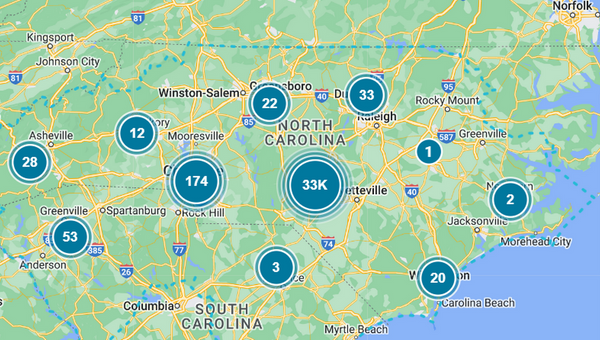
How to Pay Your Duke Energy Bill: A Comprehensive Guide
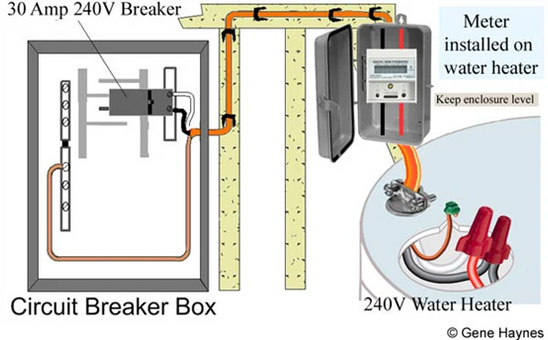
How Many Amps Does an Electric Water Heater Use? (2025)

Best Camping Games to Make Your Adventure Unforgettable
Camping happens to be the only way one can relax in nature and catch up with buddies and family while indulging in some of the most memorable activities. Besides stories...
